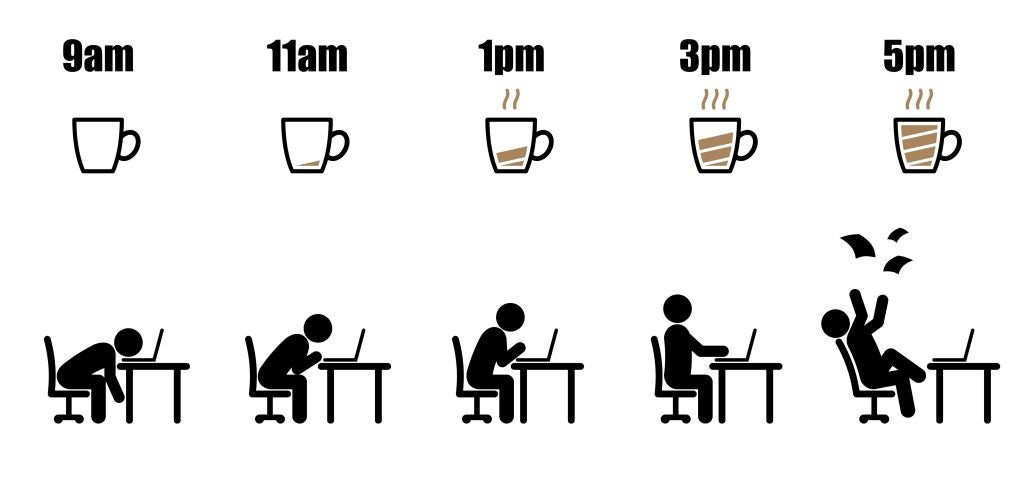
For many Baby Boomers, a job is more than just a paycheck—it’s a career, a calling, and a defining part of their identity. For Generation Z, however, work is often seen as just one aspect of life, not the central pillar. This fundamental difference is leading to tensions in workplaces where older managers struggle to understand their younger employees’ outlook on employment.
The Gen Z Perspective on Work
Unlike previous generations who often sought long-term stability with a single employer, Gen Z views work as transactional. Their priorities include:
- Work as a Means to an End: Jobs provide financial stability, but they do not define personal identity.
- Emphasis on Flexibility: They prioritize opportunities that allow them to maintain work-life balance.
- Job-Hopping for Growth: They are more likely to switch jobs frequently in pursuit of better opportunities, rather than staying loyal to one company.
Gen Z sees work as one part of a fulfilling life, not the defining aspect of it. They are willing to walk away from roles that do not align with their personal values or fail to provide growth opportunities.
Why Boomer Managers Take Issue
For Boomer managers who built careers through loyalty and hard work, the ‘just a job’ mentality can be frustrating. Common concerns include:
- Lack of Long-Term Commitment: Frequent job changes can be seen as a lack of dedication.
- Reduced Workplace Engagement: Employees who view work as merely a paycheck may not be as invested in company culture or long-term goals.
- Challenges in Retention: High turnover rates mean increased hiring and training costs for businesses.
To many Boomers, Gen Z’s approach to employment can appear disengaged or even entitled. However, the reality is that younger workers prioritize personal fulfillment and flexibility over climbing the corporate ladder.
Finding Common Ground
While Gen Z’s approach to work may seem indifferent, it reflects a broader shift in workplace culture. Companies can adapt by:
- Providing Meaningful Work: Offering opportunities for impact-driven projects that align with personal values.
- Redefining Loyalty: Understanding that loyalty today may mean investing in employee well-being, not just tenure.
- Emphasizing Development: Providing continuous learning and career growth opportunities to increase engagement.
In addition to emphasizing development, it’s critical to understand the drivers of Gen Z engagement. They want autonomy, so give them as much of that as you can, and give them recognition. This doesn’t have to be anything elaborate, but keep a supply of gifts on hand that you can hand out as part of your official recognition program and you’ll go quite far on the basis of that alone!
The bottom line is that the workforce is in a state of rapid evolution. As it evolves, businesses will need to evolve with it. Those who do will be better equipped to attract, retain, and engage the next generation of workers.

